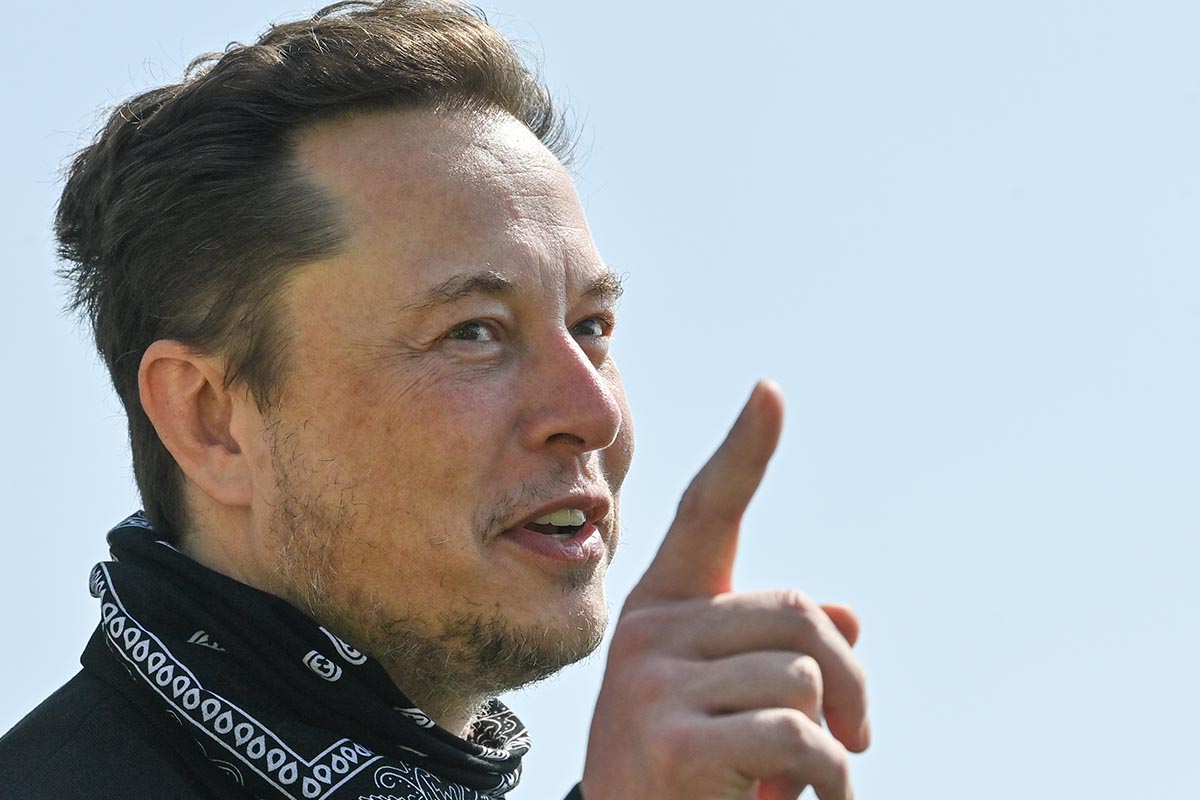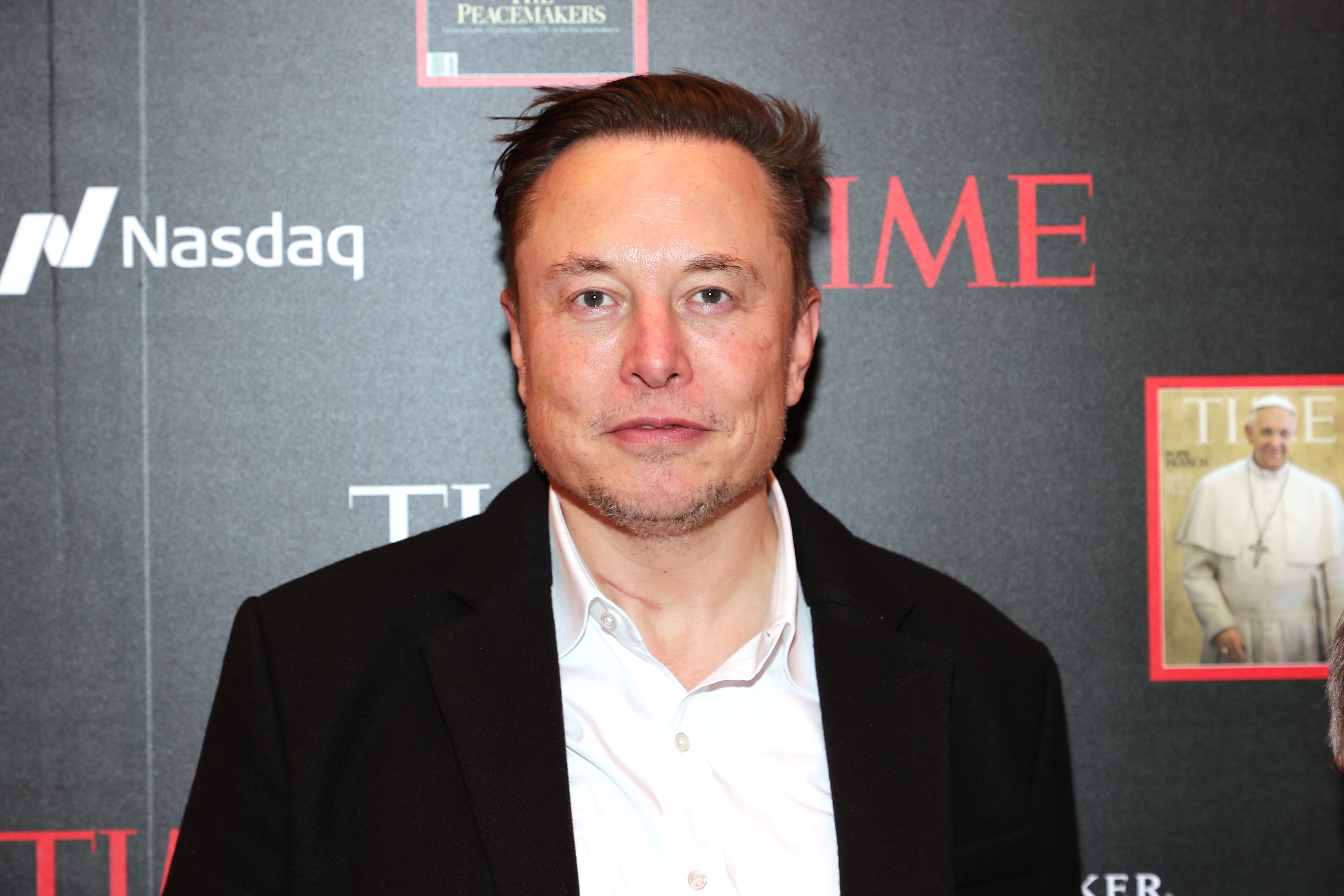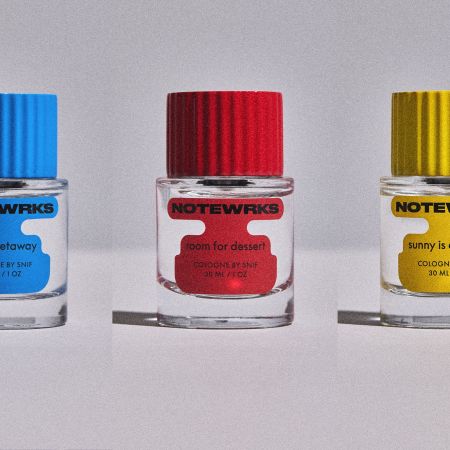Elon Musk went on Twitter recently to complain about Twitter — and later suggested it might be time for an alternative to the social media platform.
On Friday, the Tesla founder posted a poll on Twitter. “Free speech is essential to a functioning democracy,” he wrote. “Do you believe Twitter rigorously adheres to this principle?” He also suggested that “the consequences of the poll will be important,” and given his prior history, Musk may actually mean what he says — after all, it was a Twitter poll in November that convinced him to sell some Tesla shares.
Unsurprisingly, his fan base overwhelmingly (70%) voted no.
He followed up on Saturday with another tweet, wondering, “Is a new platform needed?”
Musk has every right to build a social platform to his liking, but there’s some intellectual dishonesty here that goes beyond the framing of his original question. Musk’s issues with Twitter are often his own fault, and really stem more from his company role and tweets he puts that run afoul of the U.S. Securities and Exchange Commission — his own platform isn’t going to stop any investigation into securities fraud.
The most “liked” response to Musk’s poll arrived via machine learning engineer Pranay Pathole, who suggested a social media platform that utilized an open-source algorithm, featured an emphasis on free speech and offered up, somehow, a place where “propaganda is minimal.”
All of this conveniently ignores the obvious: Twitter is a private company, and it can dictate terms of service. Meanwhile, a “free speech” platform, as defined by several users in this Twitter thread, appears to be some sort of weird anything-goes arena where hate speech and misinformation are tolerated.
As well, social media alternatives already exist — see Gab, Truth Social, etc. — and they end up having their own restrictive terms of service (and even banning members) while becoming, essentially, political echo chambers. Even something less political like the 12-year old Diaspora, which promises a “nonprofit, user-owned, distributed social network,” has yet to make waves … and even they still tout the ability of “cross-posting to external services (such as Twitter).” They also once had an issue with ISIS making posts after the group was banned from more mainstream social networks, so, again, be careful what you wish for.
There are arguments to be made here: Maybe we do need a better and more transparent way for social media companies to determine what is acceptable on their platforms, or we’d all like to know how their algorithms work. But Musk certainly knows he’s limiting his audience reach if he decides to go outside of Twitter’s realm, where a random poll he puts up on a Friday garners over two million votes.
Thanks for reading InsideHook. Sign up for our daily newsletter and be in the know.


















